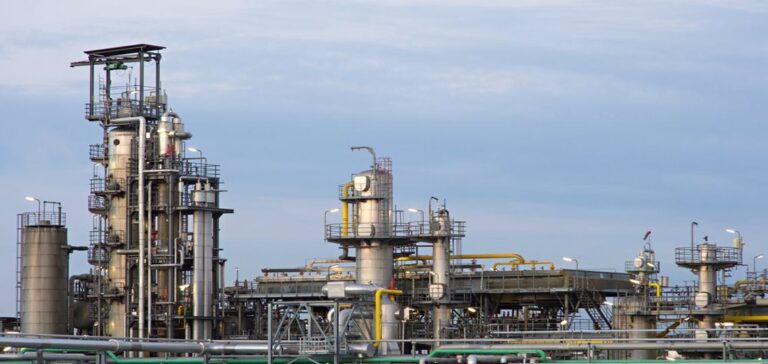The German government announced on Friday that it had reached, earlier than expected, its target of 95% of the country’s gas reserves being filled, despite the total halt in Russian deliveries via Nord Stream at the beginning of September.
“The reserves have exceeded the 95% mark today. They stand at 95.14%,” the German Ministry of the Economy said in a statement.
The government’s goal of reaching 95% by November 1 is thus achieved more than two weeks early.
“Despite the shutdown of the Nord Stream 1 (gas pipeline), the reserves have filled up faster than expected,” detailed German Economy Minister Robert Habeck, quoted in the statement.
Germany was more than 55% dependent on Russian gas supplies before the war in Ukraine.
Since the outbreak of the conflict, Russian gas deliveries have fallen considerably, before coming to a complete halt at the beginning of September.
In this context, Berlin set a series of targets in July to bring gas stocks up to 95% by November 1, before the onset of winter.
To this end, the government has adopted a series of measures to save the resource, including increased use of coal, reduced consumption in public buildings and incentives for businesses.
Olaf Scholz’s government has also released an exceptional envelope of 1.5 billion euros to buy liquefied natural gas (LNG) to ensure its supply.
Gas deliveries from Norway and the United States in particular, via Belgium and the Netherlands, have therefore increased considerably.
“Germany has bought everything it can buy,” Johan Lilliestam, a professor at the University of Potsdam, told AFP.
But this means higher gas prices for German households and businesses, which Berlin expects to lead to a recession next year.
However, Germany does not yet have the infrastructure to import LNG.
Five terminal projects, launched by the government, are therefore planned so that the country imports the resource directly from the sea.
The first one should be operational this winter in the North Sea port of Wilhelmshaven.





















